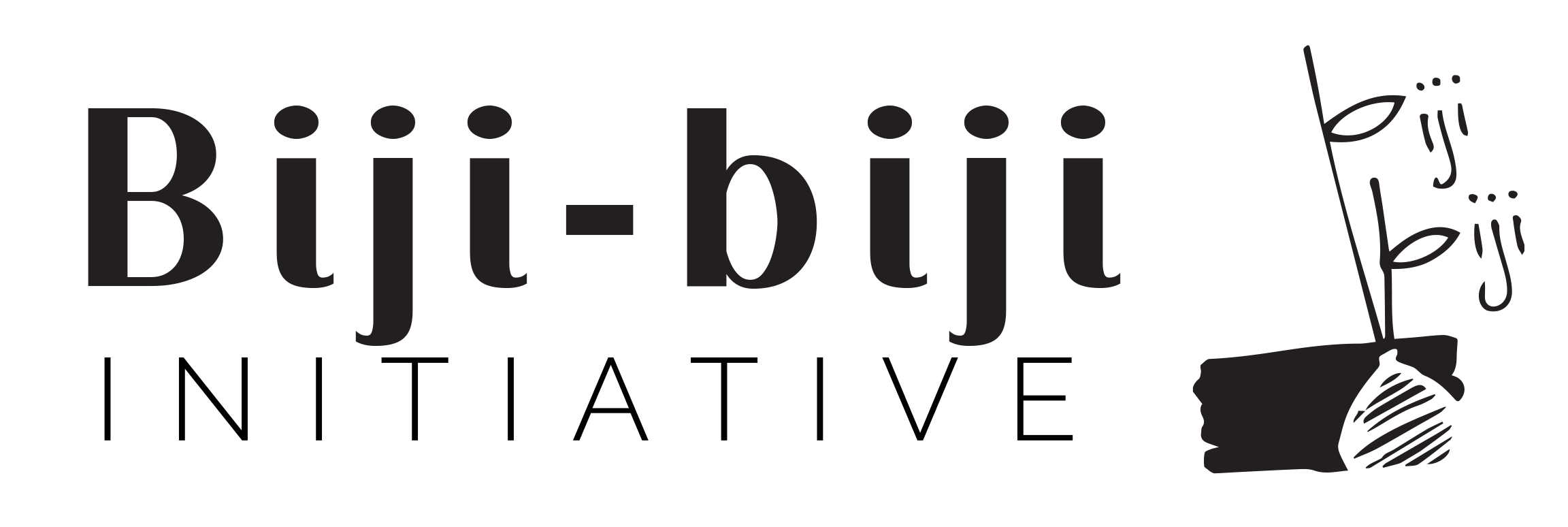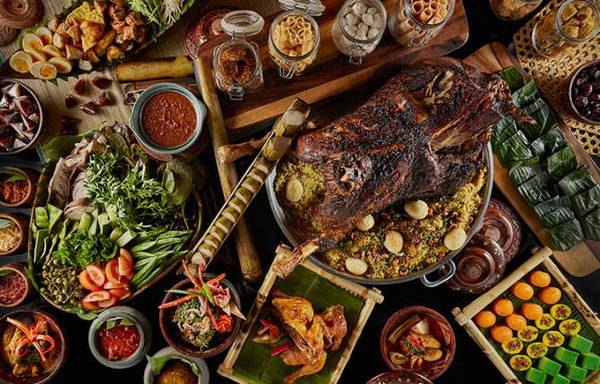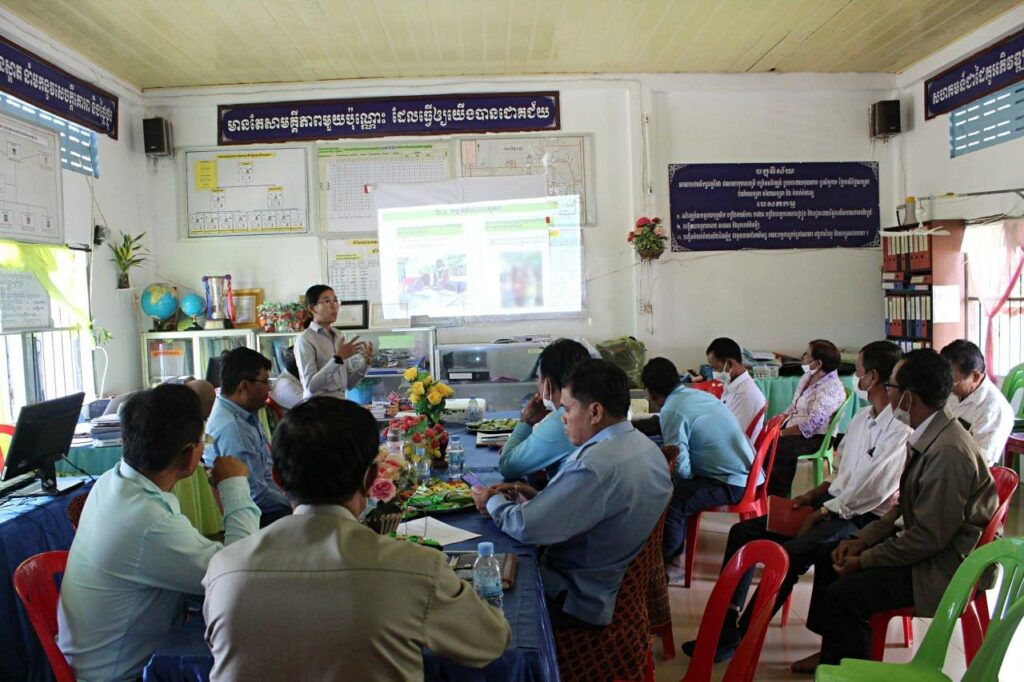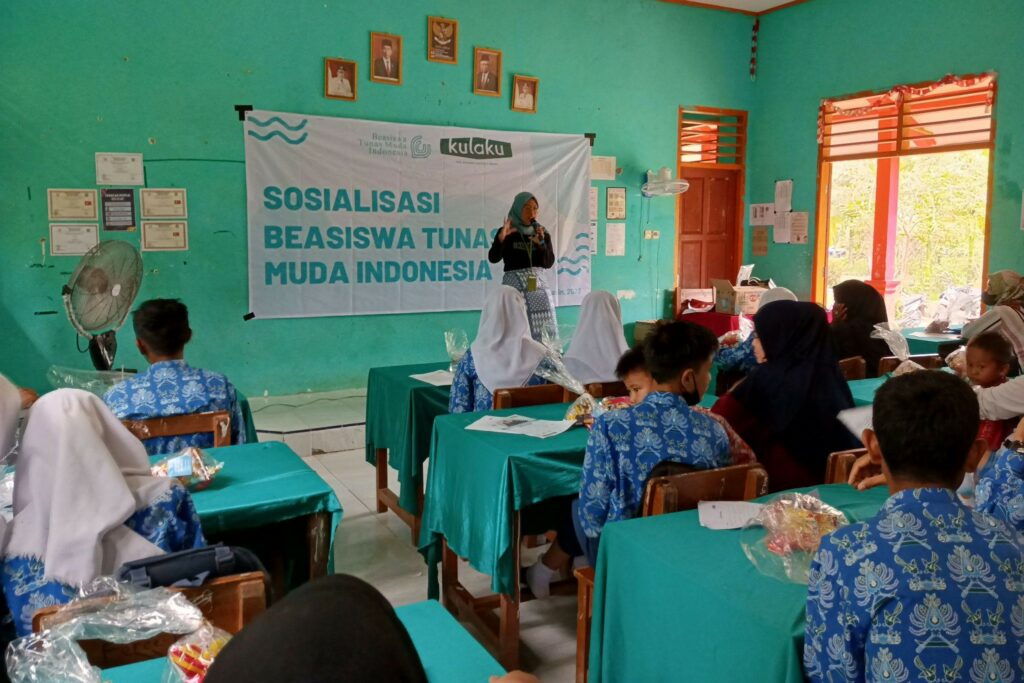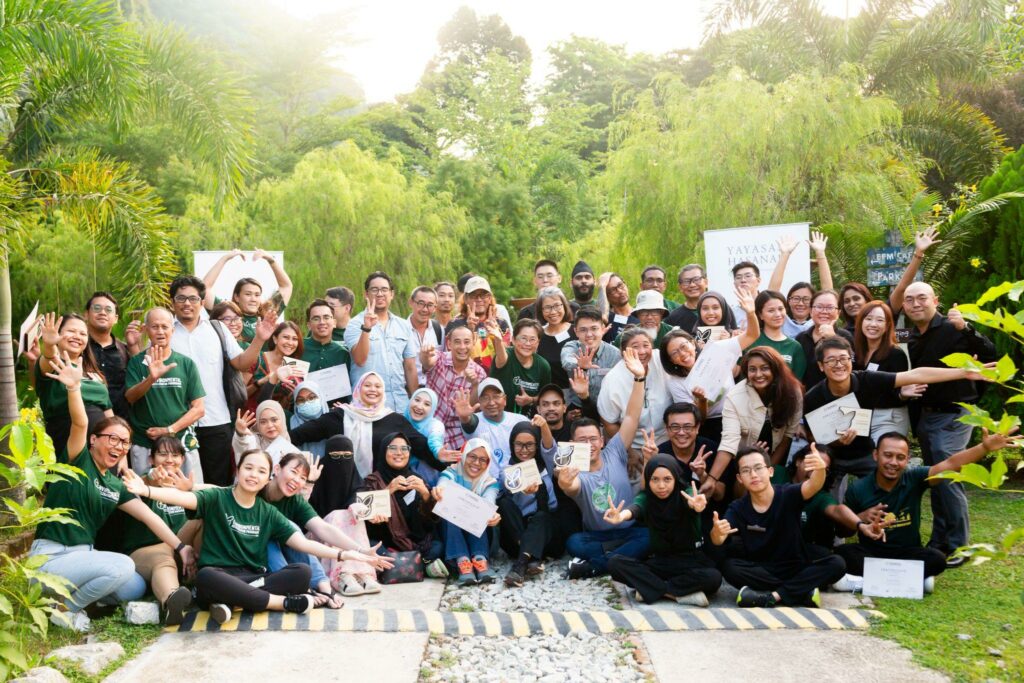Ramadan is an exciting time for Muslims worldwide, bringing the community together to do positive and charitable work. However, what is often overlooked during this month is how our actions impact the environment and ironically, we tend to produce more waste during this season.
The month of Ramadan is a golden opportunity to consider making a shift towards a more sustainable and environmentally-friendly lifestyle. We, at Biji-biji, have come up with a number of easy ways to make this Ramadan sustainable and how you can make a positive impact on the environment throughout the season.
1. Use a Reusable Water Bottle

Staying hydrated is extremely important for the month of Ramadan but, it doesn’t need to come at the expense of the environment. It is actually alarming the number of plastic bottles you see during the month of Ramadan. Did you know that it can take 1000 years for plastic bottles to biodegrade? So, get yourself a reusable water bottle and don’t leave your home without it! When you’re heading out for buka puasa or to the mosque, take your reusable bottle with you. Most restaurants and mosques nowadays have refillable water coolers, which makes it easy for visitors to refill their bottles.
Fortunately, there are companies who deliver amazing reusable bottles and many of which, have do-good missions that give back to society and the environment. Stylish and practical, S’well bottles have great customisable looks, and high performance vacuum-seal to keep your drinks cold or hot. S’well partners with UNICEF and American Forests to help provide clean water to the world’s most vulnerable children.
2. Make Your Own Zero-Waste Ramadan Kit and Ditch the Disposables!
Did you know that in Malaysia, plastic containers make up only 0.5% of landfill waste by weight but take 25-40% of space by volume. Considering that Malaysians discard more than 1 billion plastic containers annually, the potential for waste diversion is enormous.
For the Bazaar
If you have visited Ramadan bazaars recently, you’d notice how much unnecessary plastic packaging is used for food and drinks, and unfortunately, they end up in landfills if they are not disposed properly. The usage of single-use cutleries, cups and containers from these bazaars are constantly contributing to Malaysian landfills and since Ramadan is about the values of moderation and discipline, we would like to see this as a challenge and an opportunity to show others that a zero-waste Ramadan bazaar is possible!
What you need:
- Reusable food containers or a mangkuk tingkat (tiffin carrier)
- Reusable tumbler or bottle or cup
- Produce mesh bag
- Pair of utensils
- A tote bag or reusable grocery bag
When opting for packaged food or drinks, politely say ‘No’ and kindly ask them to pack it in your reusable containers or bottles. Don’t worry about not having your favourite kuih, it is very likely you’ll see the same one in different stalls without any packaging.
For Gatherings and Buffets
Also, with Ramadan come buka puasa gatherings and buffets! Whether it’d be at your home or at your local mosque, often people opt for disposable dinnerware because well, it’s convenient! However, the long-term impacts of using disposable dinnerware on the environment are devastating. Organise a zero-waste buka puasa gathering/buffet where patrons bring their own containers and utensils. There is also the option of renting dinnerware and cutlery from a local restaurant or catering company which cuts down on clean-up time.

If you have to use disposables, consider alternatives such as plant-based or biodegradable dinnerware or plastics but, with these products, knowledge on the proper way to dispose of is needed.
By avoiding single-use plastic, we believe that Malaysia can generate much lesser waste. It is a practice for us, consumers, to re-imagine our consumption by changing our mindset, not only will it favour the environment, but it will also bring convenience in time.
The Hive Bulk Foods is a store that practices a zero-waste shopping approach in Malaysia. They also provide similar products for your fun zero-waste kit. Also, EcoKnights’ Green Ramadan Campaign #Beg2Bekas has made great efforts to raise ecological consciousness and empower Malaysians to adopt and embrace a sustainable lifestyle by saying NO to plastic. Check them out!
3. Avoid Food Waste
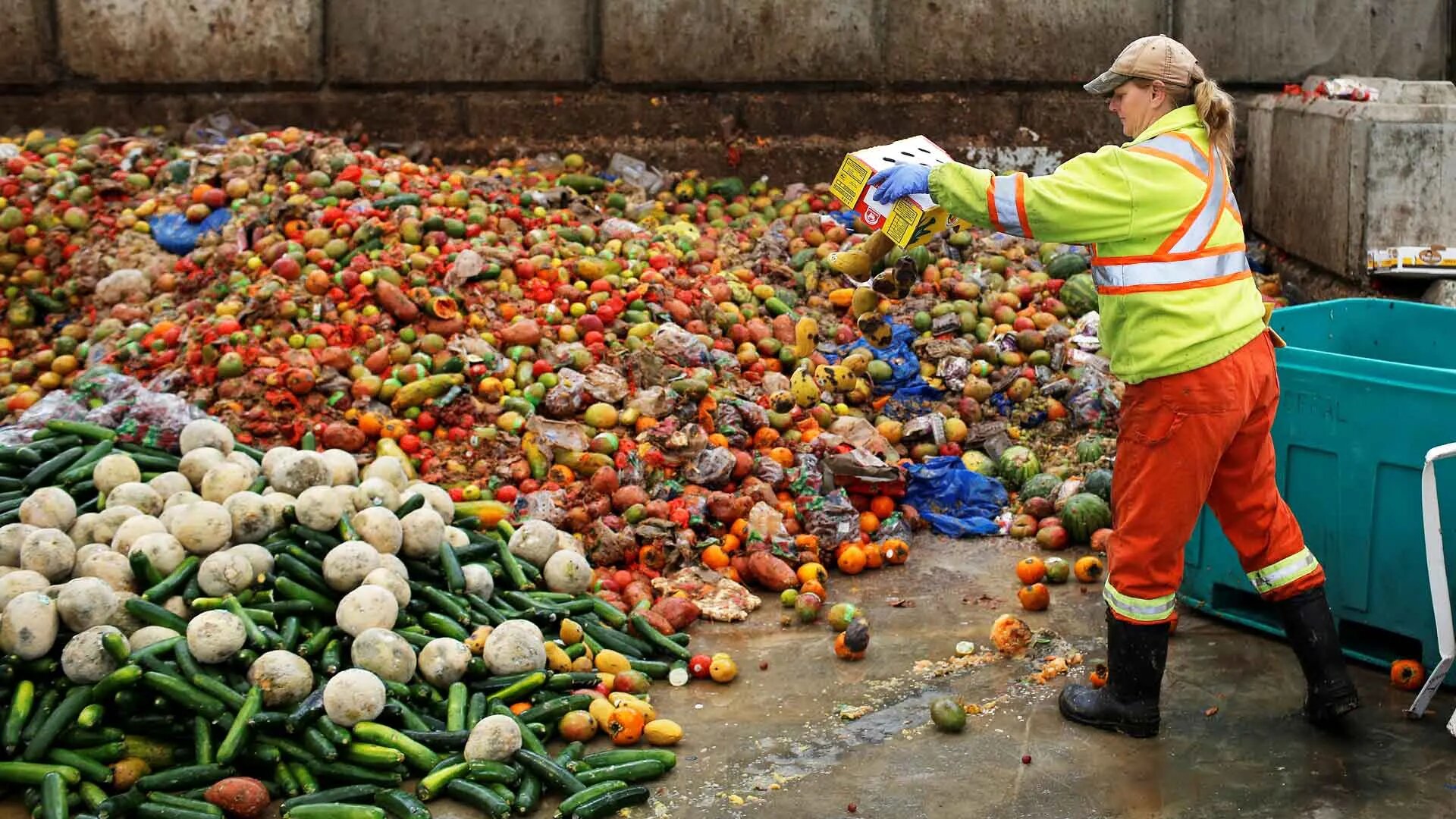
The Ramadan season is a known culprit for food waste. Ironic, isn’t it? During Ramadan, people tend to buy more than their normal requirements for self-consumption as well as for their guests. The easiest way to reduce food waste is to not buy excess food in the first place! Before heading out to the grocery store, do a pantry list of items you need and commit to the list. This is to make sure you are not doubling up on ingredients you already have on hand.
Furthermore, not finishing or throwing away food should be reduced drastically as it contributes to filling up our landfills. Not only do we deprive food for the ones in need, but it also depletes our resources and promotes environmental degradation. In fact, Solid Waste Management and Public Cleansing Corporation (SWCorp) has reported that 270,000 tonnes of food contribute to landfill space during the Ramadan month, which could possibly feed 180 million people. So, savour what’s left on your plate or in your fridge, have smaller portions and avoid overloading your plate with food.
Regarding leftovers, it can be managed in a way that further diminishes waste. Sharing leftover food with family, friends, neighbours, the visitors at your local mosque or putting them in the fridge/freezer to preheat it for the next meal can definitely help curb this problem. Better yet, learn how to compost your leftovers and food scraps! Composting food scraps can reduce the negative impacts of landfills and can also be used as a natural fertiliser to help grow plants in your garden.
If needed, you can also donate unused food to your local food bank. Check out The Lost Food Project and Grub Cycle.
4. Purchase and Support Local or Organic Produce

Have you ever considered where your food comes from? The average Malaysian meal travels 3,500 km to get from the field to your plate and contains ingredients from 5 countries including Malaysia. The amount of greenhouse gasses from transporting produce contributes significantly to global warming. In fact, after cars, the transportation of agricultural products uses more fossil fuel than any other sector in the economy.
This Ramadan, consider shopping for local, seasonal produce at your nearby farmer’s market. Even some supermarkets are offering these healthy local produce too. Not only will you get a peace of mind knowing where your food comes from, but you also support local economies and reduce emissions released into the environment.
Try experimenting with organic produce too! They taste better and generally don’t contain pesticides, herbicides, preservatives or other additives.
There are a couple of organisations that are great in providing local and organic produce in Malaysia as well as educational urban gardening workshops, like Eat Shoots and Roots, NGO Grocer, justlife, Cultivate Central and BMS Organics.
5. Decorate Mindfully for Raya/Eid
Every year, our generation is working hard to make Eid more festive. Decorating the house is such an exciting activity, but we need to be mindful that we are not hurting our planet in the process. Try to get decorations that you can use every year or use things that come from nature such as, flowers and plants. Avoid balloons and disposables as these items will end up in the landfill and thus, pollute the environment.
However, if you do have a couple of plastic bottles lying around, this is a great time to get creative! Why not upcycle these plastic bottles and transform them into beautiful ornaments? Check out our 5 Creative Ways to Upcycle Plastic or our education hub, Mereka for more information on fun upcycling workshops.
Adopting sustainable habits is relatively simple once you establish them in your routine. Let’s be mindful of our actions on the environment, create awareness on the subject, think and act positively towards our environment and change our unfriendly habits which are impacting our ecosystem.
We hope these steps are helpful and if you do try them out, snap a photo and share it with us. We wish you the best for this holiday!
